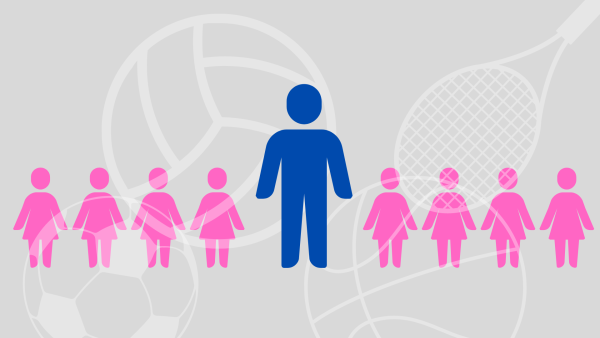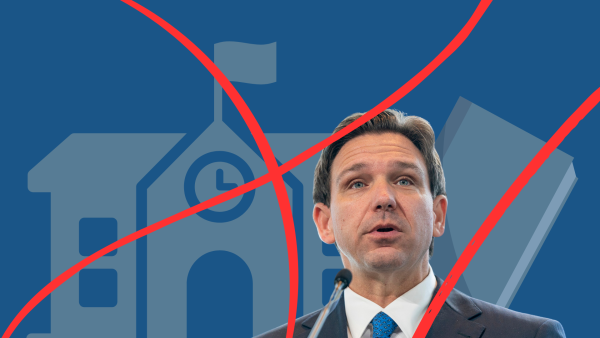Under the Surface: Students Still Suffer the Impacts of COVID-19
Nola Thompson
The world stopped when COIVD-19 started. When students went back to school, COVID-19’s impact extended beyond physical health, as it directly affected mental health.
December 16, 2022
COVID’s lasting effect on the mental health of students is drastic. It has dismantled work ethic and stability, draining students of competence. Ignoring this is a massive setback to improvement.
Before COVID, I had my life planned out for years to come, I was constantly thinking about who I was going to become. When COVID hit, I lost all sight of the future. I didn’t care about tomorrow, yesterday, three minutes, three years, or three decades from now, it didn’t matter. I only worried about getting through that moment, one breath at a time.
As we all learned from our desks, beds, and kitchen tables, we forgot how to function as members of society. We lost sight of the future and focused only on what was directly in front of us.
High school started and everything was more or less back to normal – but I was dreamless. Without concern for what came next, I didn’t care about the now, either. My grades dropped, I didn’t try to make new friends and I just stuck to with who I knew.
Masks were on and off, teachers gave more online assignments after getting used to that system. Except everyone pretended it was all normal.
No one talked about COVID or its impact. No one seemed to care to find the way out of the loop.
It took months to regain any ambition, and it’s still not all back . Studying and homework are forgotten: the only difference between then and now is that it’s more frustrating. I fail to work as efficiently as I’d like to and I fear the effect it will have on my future.
“[T]he pandemic has forced us to take a look at our mental health and find ways to take action to care for ourselves through self-care,” said Kristin Fuller, physician and writer for Psychology Today.
Self-care includes making time for yourself, finding an expressive outlet, and accepting the help you need. Mental health is malleable to circumstance and the pandemic-induced isolation is what left so many people inept in their day-to-day lives.
The lasting impact of COVID on mental health needs to be acknowledged so that it can be fixed. Forgetting that people are still struggling from the effects of the pandemic makes it impossible to move on from them. Learn the ways it still affects you, and ways to manage those offsets so you can truly progress.
That being said, it is not impossible to recover from the emotional strain that COVID has left on us all – give yourself time to process and adjust back to whatever “normal” is to you, talk to people you trust and who care about you, and focus on your mental health.
Isolation and illness is harmful for everyone, even people who are struggling to conform to the harsh circumstances. It is damaging all around, but it is possible to heal if you dedicate time to acknowledge the harm done, and restore healthy behaviors.




















